There’s no better way to get to know someone than by reading their journals (not that I’d know, of course!), so to get to know me better, here’s your sneak-peek at the top 10 most valuable life lessons I’ve learned from re-reading my old journals:
Three years ago, I took a psychology class that required I keep a daily journal. It wasn’t long before I became hooked on journaling, and I spent the next year-and-a-half releasing my feelings through writing in a series of journals. Here are the most valuable lessons I’ve discovered by re-reading my old journals.
1. Being Hard On Yourself Will Get You Nowhere
As a second-year college student, I was incredibly harsh on myself. My first journal, in particular, was filled with self-deprecation and put-downs because I hadn’t yet learned how to love myself.
Those disparaging words caused me to slip further into allowing negative thoughts to dictate my self-worth, despite the fact that I was enough all along.
Slowly learn to give yourself the grace you deserve. You are inherently worthy, and your perceived flaws and mistakes will never diminish your value.
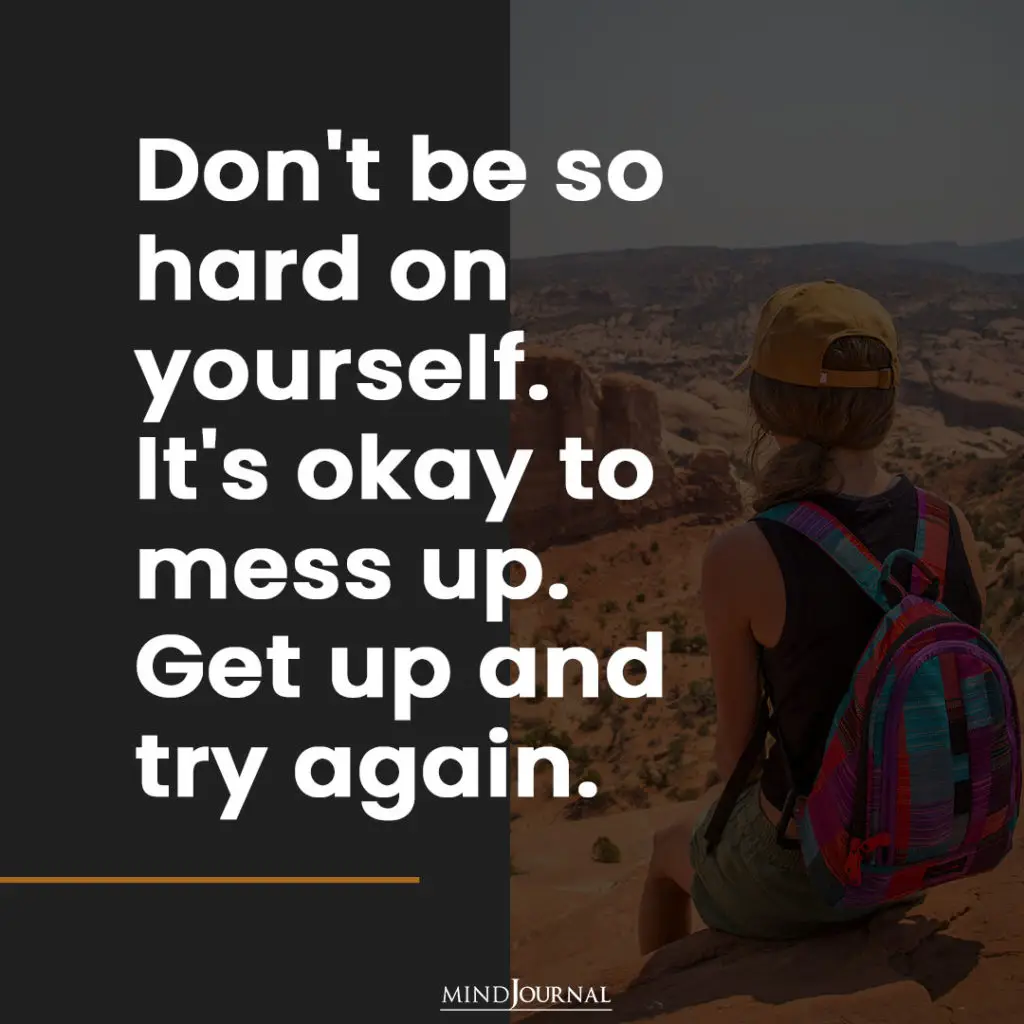
Read How You Screw Your Own Happiness, Based On Your Myers-Briggs Personality Type
2. Effective Leadership Is Not About You
When I first began journaling, I was struggling in my very first leadership position. I strove to be the type of leader who would command respect from my teammates, the leader who was simultaneously kind-hearted and firm.
Instead, I became caught up in my desire to be the sole leader on the team. I made decisions I regret, and they led my teammates to lose respect for me and question my leadership abilities.
A true leader leads in the service of others, not for recognition or personal gain. Listening to others rather than simply hearing them and dedicating your time to meeting their needs will establish you as a caring, respected leader.
3. Perfectionism Is (Mostly) Overrated
A disturbingly high amount of my journal entries concerned my constant, raging perfectionism. I wrongly believed that striving for perfection would serve me well in all facets of my life, but I quickly discovered that complete perfection is unattainable, and always falling short of impossible expectations could easily ruin my already-wavering self-esteem.
Despite the shortcomings of my all-consuming focus on perfection, I am still a “reforming perfectionist.” Perfectionism has served me well in many aspects of my life, from my concern with timeliness to my experience with digital magazine editing. However, I am now able to recognize that the downsides of perfectionism far outweigh the benefits — and work towards change.
Perfectionism is an alluring trap, but aiming for an unreachable standard of perfection will only leave you unhappy, anxiously questioning your abilities. Strive to do your absolute best, and recognize when perfectionism is encroaching on your life. This is another most important life lessons – the sooner you learn, the better your life will be.
Read The Perfectionist’s Trap: How Perfectionism Robs Us Of Our Humanity
4. Finding Community Will Free You
It was nearly impossible to express the sheer joy and shock I felt after a chance encounter at a conference led me to another young woman with mild cerebral palsy. At the time, I was suffocating under layers of shame about my disability, resistant to disclosing, and wrongly convinced that I was completely alone in my struggles.
That moment was the first time in my life that I felt completely free to be myself. I spoke openly about my medical history to a complete stranger, and in return, I received validation that someday, I would come to embrace myself, disability and all. That day, I discovered I am never alone, and now, I know she was right: I have come to embrace my disability, and I am finally free.
So, one of the most valuable life lessons is that you will feel alone and misunderstand in your struggles, but you are never as alone as you feel. There is always someone who will understand you, and once you find others with similar experiences and foster a community, you will finally feel free.
5. It’s Okay To Ask For Help
In the pages of my journals, I detailed a long-held resistance to asking for help, from wavering over seeking counseling for my anxiety to agonizing about attending office hours for help on papers and projects. I viewed asking for any type of help as a sign of weakness, a detriment to my strength, capability, and independence.
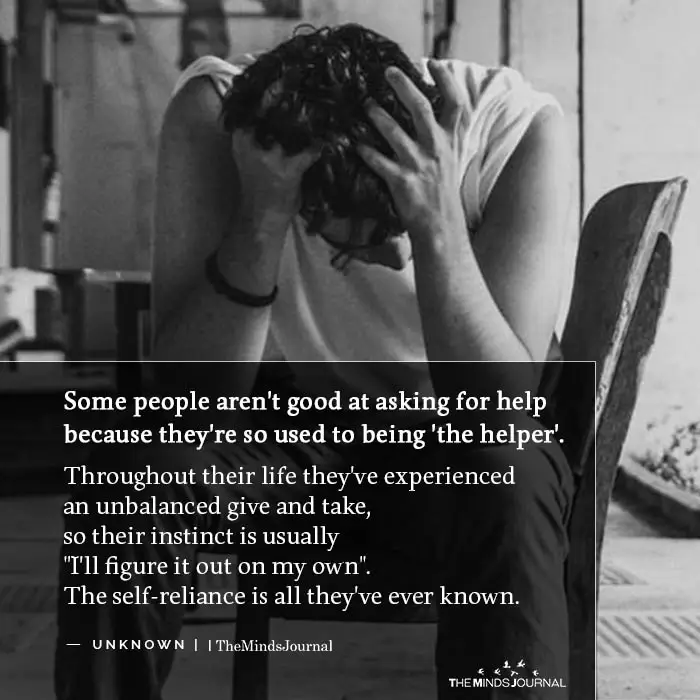
Once I swallowed my pride and learned to accept help, I discovered the key to becoming my best self. Although asking for help is still a challenge for me, I am more willing to seek out assistance from others because I know that no one can flourish alone.
Asking for help never reflects poorly on you, and it exemplifies more strength than charging ahead on your own. Once you learn to seek out help in the face of difficulty, you will find yourself blossoming in ways you never could on your own.
Read How To Ask For Help? 5 Tips To Make Requests SMART
6. Battling Mental Illness Is Never A Cause For Shame
Until my senior year of college, I confined my struggles with anxiety, depression, and disordered eating to the privacy of my journals. I worried that if anyone discovered that I was battling mental illness, they would constantly view me through a lens tainted by derision and incapability.
When a severe panic attack prompted me to disclose my mental illness to my friends, I discovered a world of kindness, care, and acceptance I never could have imagined. In turn, I discovered that many of my friends battled mental illness as well, which drew us closer and strengthened our bonds.
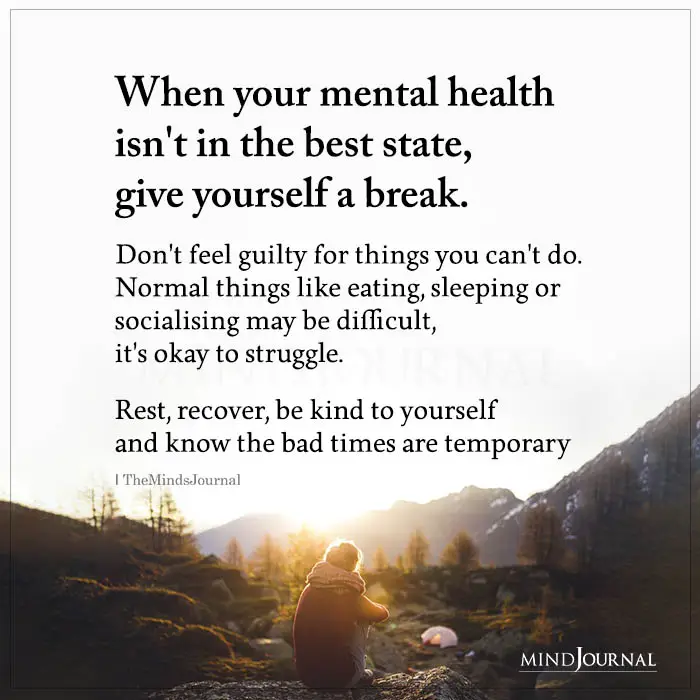
The stigma surrounding mental illness is powerful, and the shame you feel about your mental health may be consuming, but it is no match for the kindness and understanding you will receive when you share your experiences with mental illness. You will discover that there is no shame in being ill and realize just how many people struggle alongside you.
Read 50+ Best Badass Quotes To Unlock Your Fearless Side
7. Don’t Rule Any Career Paths Out Completely
The class that required that I journal was on helping relationships, and pages upon pages of my first journal contained pure disbelief that I could ever pursue a “helping profession.” As a shy aspiring attorney in a sea of people-oriented future psychologists, I constantly felt that my classmates were significantly better-suited than I to helping others navigate their problems.
Now, three years later, I no longer believe that I am incapable of pursuing a helping profession. In my 10 months as a respite care worker, I have had to listen carefully, show unconditional empathy, and exercise every skill I honed three years before. I unexpectedly fell into a helping profession, and it’s revealed that I should never rule out any career.
Never limit your career possibilities based on your negatively-tinted perceptions of your skills and abilities. You could find your career trajectory branching out in an unexpected, promising direction, as long as you believe that you are just as capable as your peers.
Read What Is The Best Job For You? Take This Optical Illusion Quiz To Find Out
8. There’s More To Life Than Accolades and Recognition
Throughout my time journaling, I had a singular goal, a pervasive obsession that nearly tore me apart: Graduating from college Summa Cum Laude and with University Honors in just three years. The amount of space I devoted to recounting my fears that my ultimate goal would never come to fruition is absolutely staggering. My worth was solely tied to academic recognition, and I could never seem to fully untie that knot.
Nearly two years ago, I graduated Summa Cum Laude and with University Honors after just three years of college, and now, I can definitely say that it wasn’t worth the stress and strife I experienced. The joy I experienced upon meeting my goal lasted mere seconds, and in the years since, I have never defined myself by the honors I received or by my early graduation.
Recognition may make you feel powerful, competent, and worthy, but tying your self-worth exclusively to accolades will destroy your self-esteem. Employers won’t care whether your GPA is a 3.5 or a 3.85, and neither should you, because obsessing over recognition from others will shatter you. You worth should come from within, not from external validation that you are intelligent and capable.
9. Vulnerability Is Terrifyingly Beautiful
When I began journaling, I was terrified of revealing emotion, daunted by the prospect of my own vulnerability. My journal held my sadness, my anger, my mistakes, and my imperfections so that I would never need to tell another soul that my life was far removed from the bubble of perfection in which I attempted to ensconce myself.
Gradually, I learned to open up about my true feelings, my problems, and my fears. My vulnerability allowed me to see a tremendous amount of beauty in others, a sense of kindness and care that would have escaped me completely had I not spoken my truth.
Vulnerability is a terrifying, beautiful dichotomy, but you will never see the beauty in revealing your true feelings if you are unwilling to confront the terror. Slowly learn to dismantle your walls, and you will reap the rewards of empathy, connection, and freedom.
Read How To Find Strength Through Vulnerability In A Relationship
10. Believing In Your Abilities Will Take You Further Than You Know
My love of journaling transformed into a passion for writing, and before long, my goal was to become a published writer. However, I constantly feared that publication was little more than an unreachable pipe dream, and I had nagging doubts about my writing abilities.
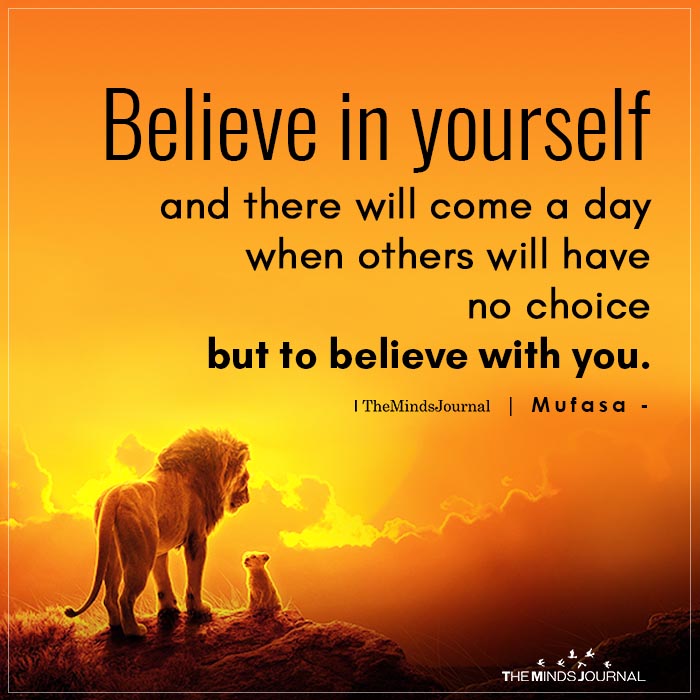
Nine months after I first decided to pursue publication, my writing was published — on the very first attempt. Today, I’ve had writing published both online and in print, authored viral articles, and become an editor for an online magazine. Had I listened to my initial doubts about my writing abilities or given up at the first indication of rejection, I certainly wouldn’t be where I am today. My confidence in my abilities has flourished because I have never stopped believing in myself.
You may find yourself doubting your abilities, but recognizing your true talents will help forge a stronger sense of self-belief. If you believe you can accomplish your goals, you will discover that you can achieve more than you have ever imagined. This is the last and one of the best life lessons!
What are your life lessons from journaling?
Leave a comment below.
Please share this article with anyone who you may think will find it valuable and helpful.
Written by: Kelly Douglas Originally appeared on: The Psyched Writer Republished with permission
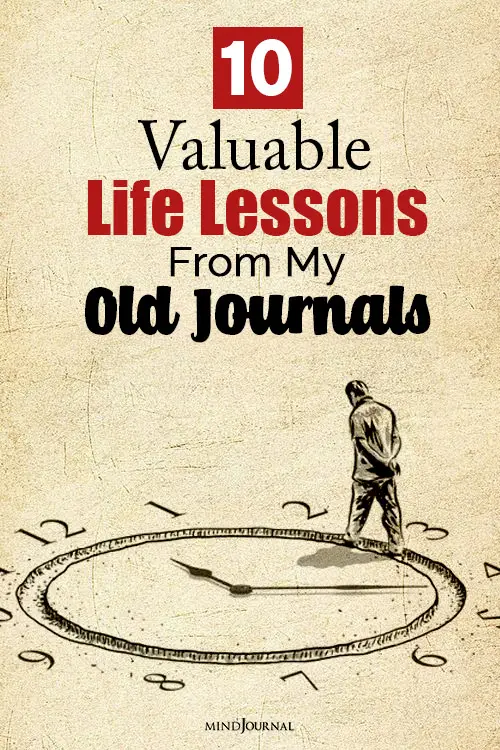
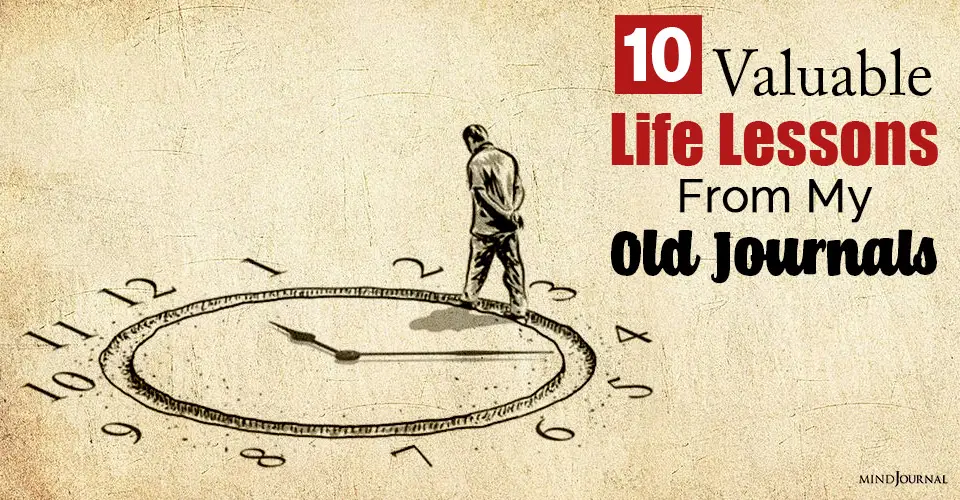




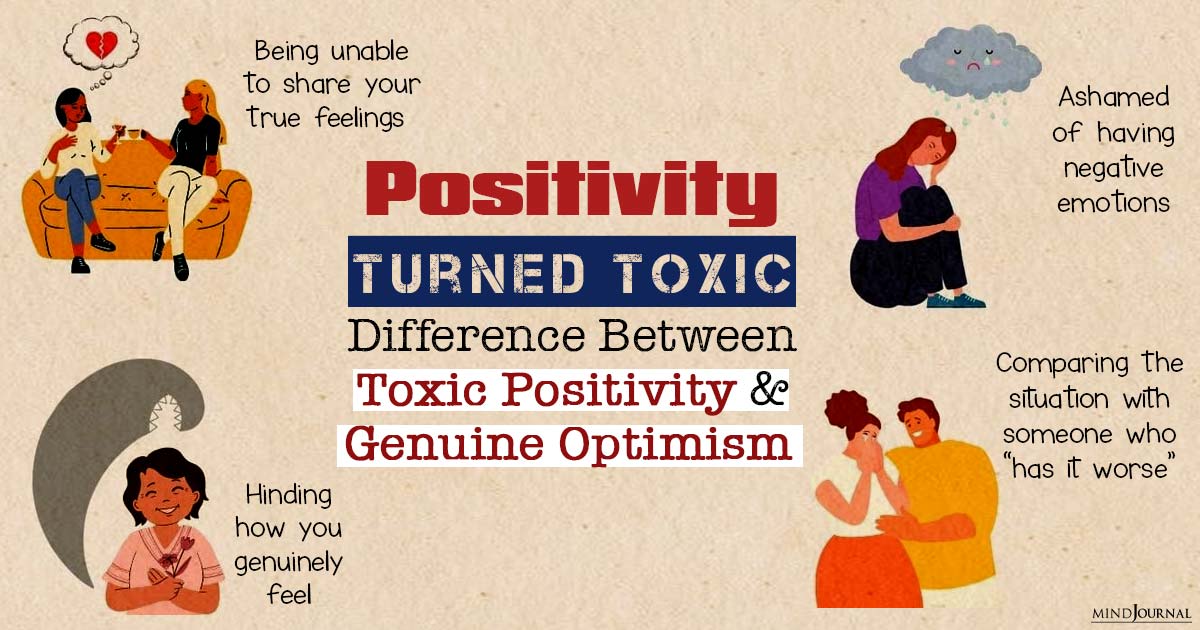
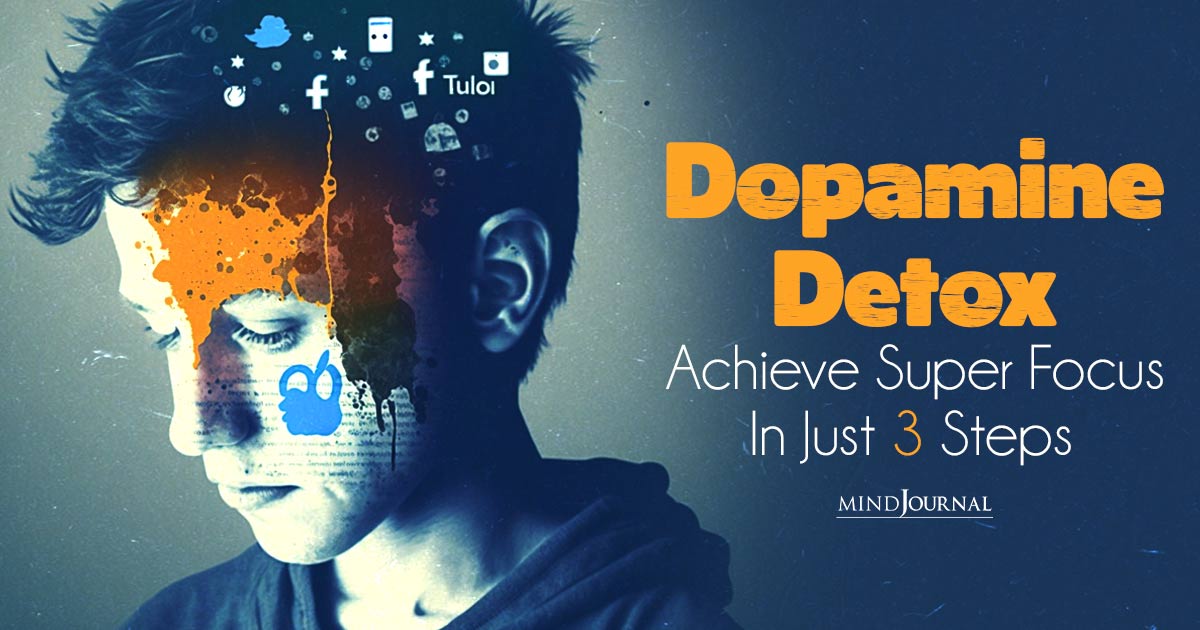
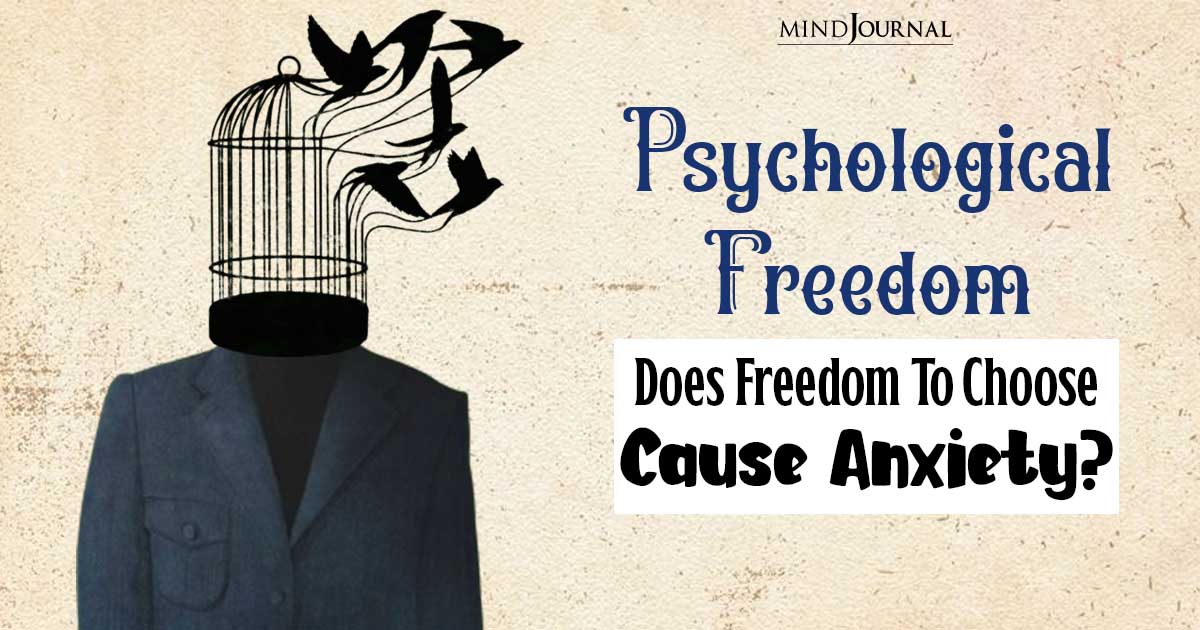
Leave a Reply
You must be logged in to post a comment.